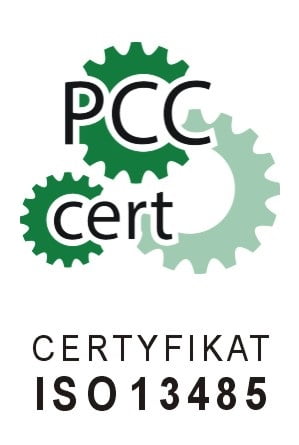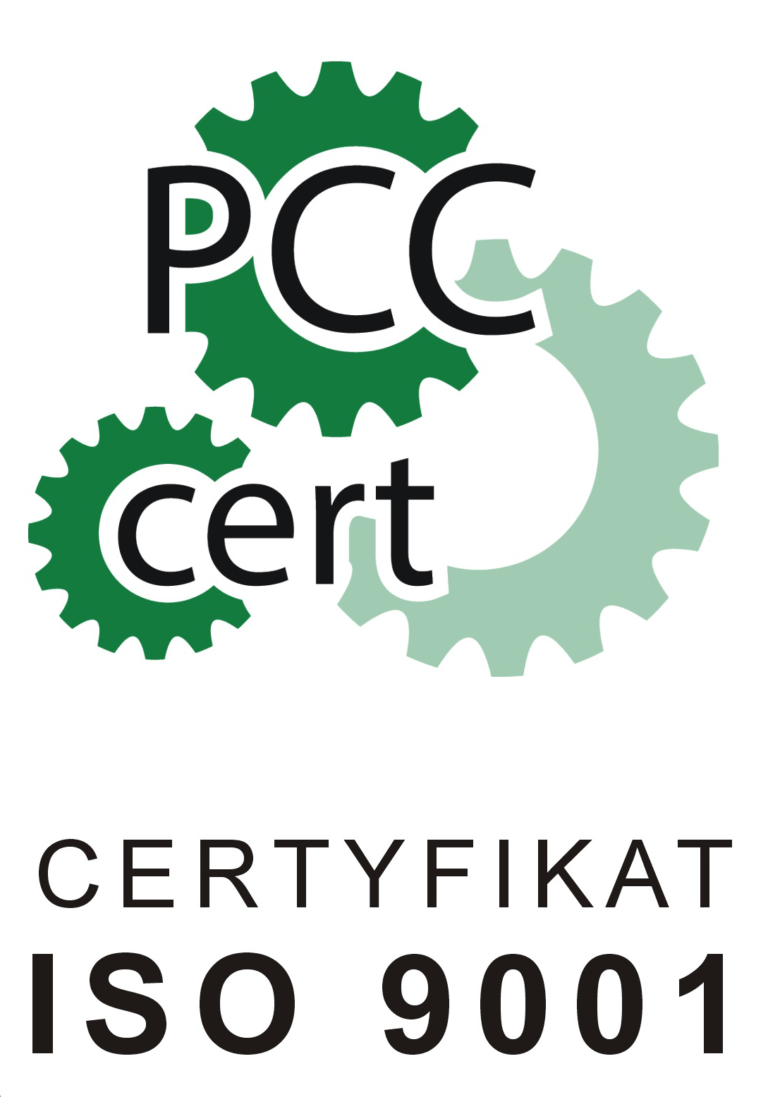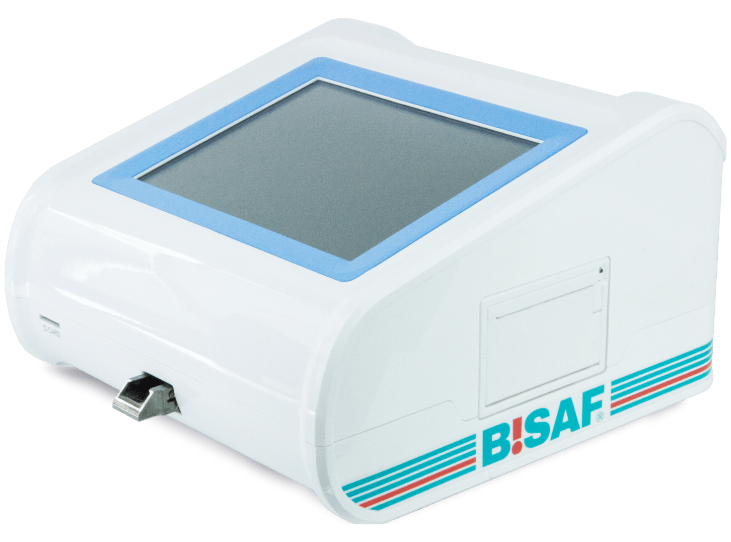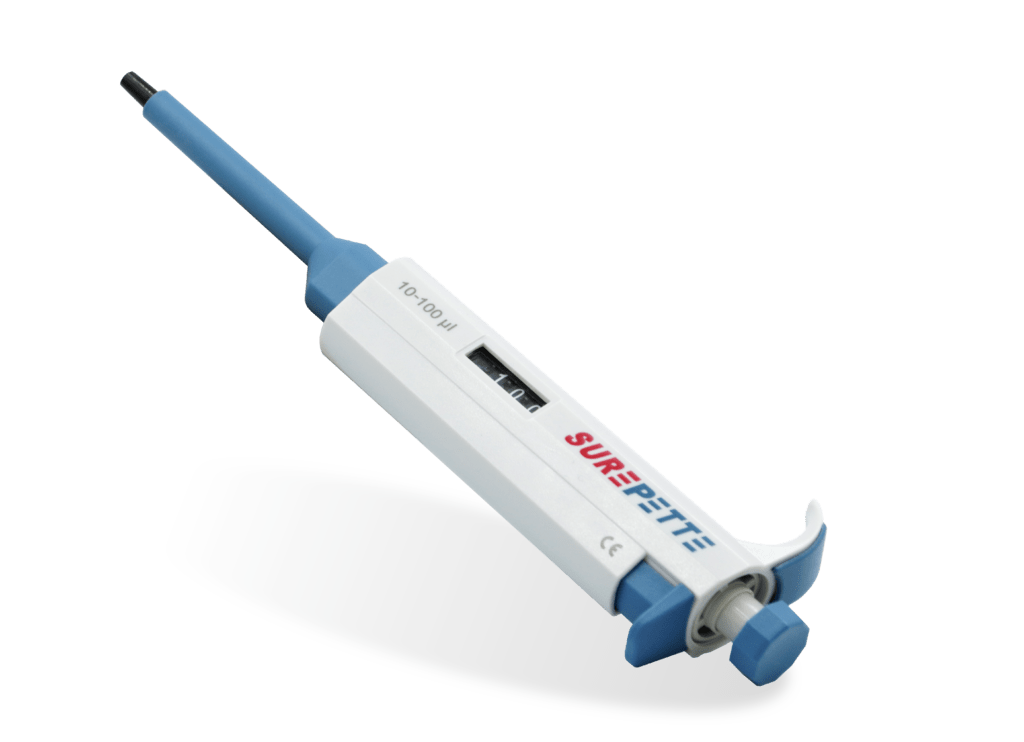COVID-19 in the automotive industry – if, when and how to start?
The current situation on the market is difficult for all entrepreneurs, although there is no doubt that the automotive industry is one of those that feels the effects of the shutdown the most.
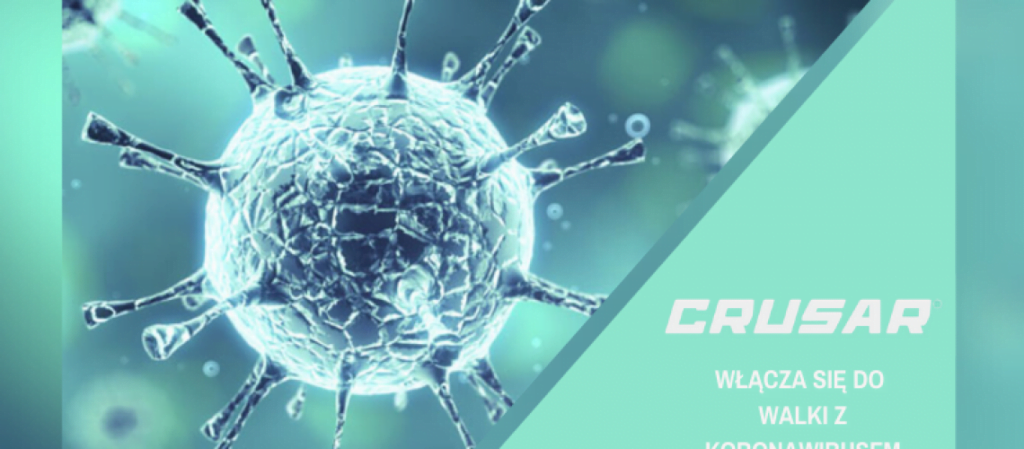
Forecasts for the coming months are also not very optimistic – we are talking about billions in financial losses or planned layoffs of thousands of employees in Europe alone. For Polish, the forecasts are equally pessimistic, especially considering the fact that enterprises in the automotive sector are one of the main drivers of the Polish economy. The production shutdown also has a significant impact on the entire supply chain – almost all component manufacturers in Poland have suspended their activities.
Given the above, it’s hardly surprising that there is a lot of speculation about how long the shutdowns will last. Some hope is given by signals coming from the market – some European production plants declare the resumption of production in April and the current period of slowdown is used by them to prepare for work in a changed reality – one in which protective masks, gloves, goggles, and antibacterial gels will be an indispensable element, and the most common service provided by suppliers will be decontamination and disinfection of workplaces.
Crusar, a company that for years has been serving leading manufacturers of the automotive industry also in the field of outsourcing services, including washing and cleaning containers and workplaces, with the support of the Medical University and epidemiologist Professor Andrzej Gładysz, MD, Ph.D., former long-time head of the Infectious Diseases Clinic and National Consultant in the Field of Infectious Diseases at the Chief Sanitary Inspector, launched the Safe Employer program a few weeks ago, whose aim is to support production plants in a safe start. With our portal, Crusar shares an interview he conducted for the needs of the project with Prof. Andrzej Gładysz. In it, the Professor answers questions that bother many people. In the answers we find both general issues regarding the functioning of society during the epidemiological threat and those related to work safety after the resumption of production. The Professor also undertakes an analysis of the epidemiological risk associated with the resumption of production in large plants.h.
CRUSAR: Professor, I’m going to start perversely with the most difficult question that probably everyone would like to know the answer to – when will the epidemic end?
It depends on many factors, but the main one is how the general public will approach the issue of prevention. I am thinking of the key recommendations, that is, above all, the observance of stricter social distancing, which is extremely important from an epidemiological point of view. Unfortunately, this ban also arouses the most opposition and criticism… And in my opinion, it is the most important! Minimizing personal contacts everywhere – that is, at work, in the park, in shops, in every public space and between all people – including the family – can fundamentally and effectively slow down the dynamics of the spread of infection. One person, e.g. an employee who necessarily has regular contact with even a few people, who does not complete basic hygienic and sanitary activities such as careful, I emphasize careful washing of hands, and preferably the whole body and changing clothes immediately after returning home, exposes family members. And they, when contacting other, even single people, prolong the chain of risk of transmission of infection from an asymptomatic person. At the moment, each of us should be treated as a potential “carrier” of the virus, only then will we accelerate the extinction of the epidemic. Going to the point – guided by the scale of new infections from recent days and the percentage – significant – of infected health care workers and noticeable organizational chaos – I mean the lack of guidelines and rules of preventive conduct between individual branches of health care and non-hospital care, including social care – I am afraid that the extinction of the epidemic will be expected no earlier than in 3 months, that is, in June. Later, it is still necessary to take into account the so-called “tail” of diseases, i.e. for example, outbreaks occurring locally – which will last up to several weeks after the main outbreak of the epidemic, which will still require great sanitary and hygienic care.
CRUSAR: Professor, in the context of what we have just heard – what do you think about the planned resumption of production in April at large plants such as VW, which plans to start at the level of 10-20% in April and then progressive growth? Isn’t it too early?
This is a difficult question, because from an economic and economic point of view, a longer downtime is not beneficial. On the other hand, there is also a question about suppliers – will the entire supply chain be able to “launch”? This is my doubt related to the fact that the pandemic is already global. However, I am not an expert in the field of the automotive industry, but epidemiology, so I will answer this question as follows. With proper preventive procedures and diligence in their observance – there is no room for half-measures and bypassing regulations and guidelines when the health and lives of thousands of people are at stake – it is possible to gradually turn on production lines in the coming weeks..
CRUSAR: What measures in particular should employers keep in mind? Should they be more restrictive than general WHO or Ministry of Health recommendations?
First of all, discipline and 100% compliance with safety rules must be ensured in production plants. Above all, start by measuring the temperature – non-contact of course – just before entering the premises. If someone has an elevated temperature of approx. 37.3 ℃ they should not be allowed to work. Similarly, if an employee has a cough, shortness of breath. All workers with such symptoms should be quarantined for 14 days before returning to work. Besides, of course, personal protective equipment must be provided and workstations adapted so that there is a distance of at least 1 meter between operators. It would be good if it were possible to isolate workers from each other as well – I am thinking of separate rooms and, for example, virus barriers on production halls. In addition, it should be obligatory – absolutely – to wear face masks and gloves. I emphasize – on a production hall, a mask must be worn at all times! If an employee has to take it off, he should go away from the workplace, take it off and throw it away, and then put on a fresh one.
CRUSAR: Exactly – what is it with those masks? Is it necessary to wear them all the time? How often should they be changed?
As I said, on the production floor a mask should be on your face at the entire time. Likewise, in any public space. Like I mentioned earlier – everyone nowadays has to be treated as potentially infected, hence the mask is obligatory. It has to be changed as soon as it gets humid, which is important as there are different conditions on production halls – in high humidity it may be necessary to change masks even more often than once an hour! Here we are talking about masks commonly referred to as surgical masks, for specialised masks these specifications may be different. Therefore, it is necessary to analyse both the type of masks the employees are equipped with and the conditions on the production hall – we are talking about already mentioned humidity, but also about ventilation and temperature. The mask is also supposed to perform another function – it is an additional barrier which prevents us from touching our faces and thus transferring germs. An additional issue that should be taken into account when choosing masks is the comfort of the worker. I do not think that cheap masks from China meet this criteria. They are, of course, the cheapest but, on the other hand, not very comfortable and, on top of that, dangerous, because they are highly flammable. A better solution seems to be a mask made of high-quality material, which above all has filtering properties. I am not an expert, but I suppose that such materials are usually more expensive.
You need to find something that is a compromise between effectiveness, comfort and price. You can think about making such a mask reusable, which will make it more competitiveness against cheap masks from China
In medicine, it is often the case that genuine medicines cost a lot, while generics (replicant medicines) do not. If I were to recommend something to employers, I would not rely on cheap Chinese masks in the long term, but rather on masks made in Europe, tested by certified institutions for coronavirus particle permeability. There has been a lot of talk recently about the fabric that should meet these criteria, I think I will soon find out what is most appropriate.
Another very important aspect is that masks must fit securely to the face otherwise their effectiveness may drop by as much as 30%.
CRUSAR: And the gloves? What do we need to know to use them properly? How necessary are they?
Gloves, like masks, are a kind of mental barrier. They prevent us from making so many unconscious and uncontrolled face touching gestures. Of course, it is necessary to remember to wear gloves while working at the workplace, in certain situations, and then to take them off, throw them away and wash hands and use cream, which not only soothes skin irritated by antibacterial products, but above all, by clogging pores, prevents the penetration of microorganisms – bacteria and viruses into the body. All of the mentioned above measures are important, there are none of them that can be ignored, but certainly nothing can replace scrupulous and frequent hand washing.
CRUSAR: Professor, these are all actions for the here and now. And what comes next? There’s a lot of talk about autumn resurgence. What do you think about that?
I believe that at the moment, we have too little information to predict if and when there will be resurgence. It depends on the type and duration of individual immunity, how it develops in people who have recovered from coronavirus infection and in those who have been symptom free. The issue of the mutation of the genome, or the structure of the virus, is also important, and today it is difficult to say anything more about this, but I strongly hope that, with the appropriate preventive measures that I mentioned earlier, we will be able to halt the pandemic and this is the most important thing at the moment.
CRUSAR: Professor, thank you very much for the interview and all your helpful comments! Lastly, would you like to give some more advice to our readers?
Wash your hands frequently and diligently! This is probably the most important point. Follow guidelines such as wearing masks and gloves. This is really important, particularly for those who regularly come into contact with different people such as people who work in large companies. We should remember that all of us are potentially infected! For many people, the current restrictions are uncomfortable and constraining, but I encourage you to take care of yourself and your loved ones by following them! Only this way will we be able to end the pandemic and return to ‘normality’! Do not leave the house unless it is necessary, and if you must go out to work in particular, you must wear a mask and gloves!

